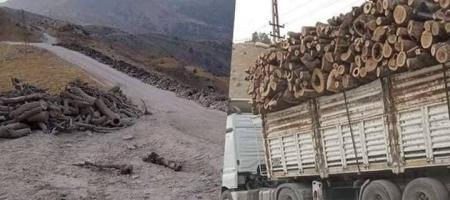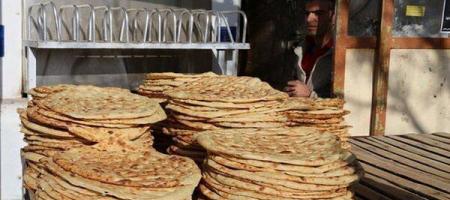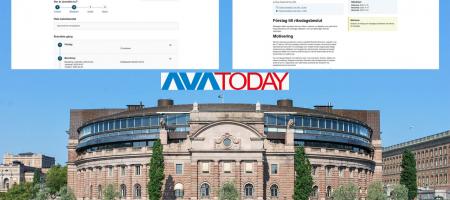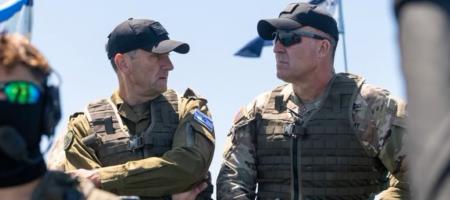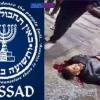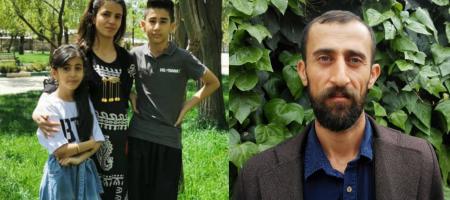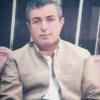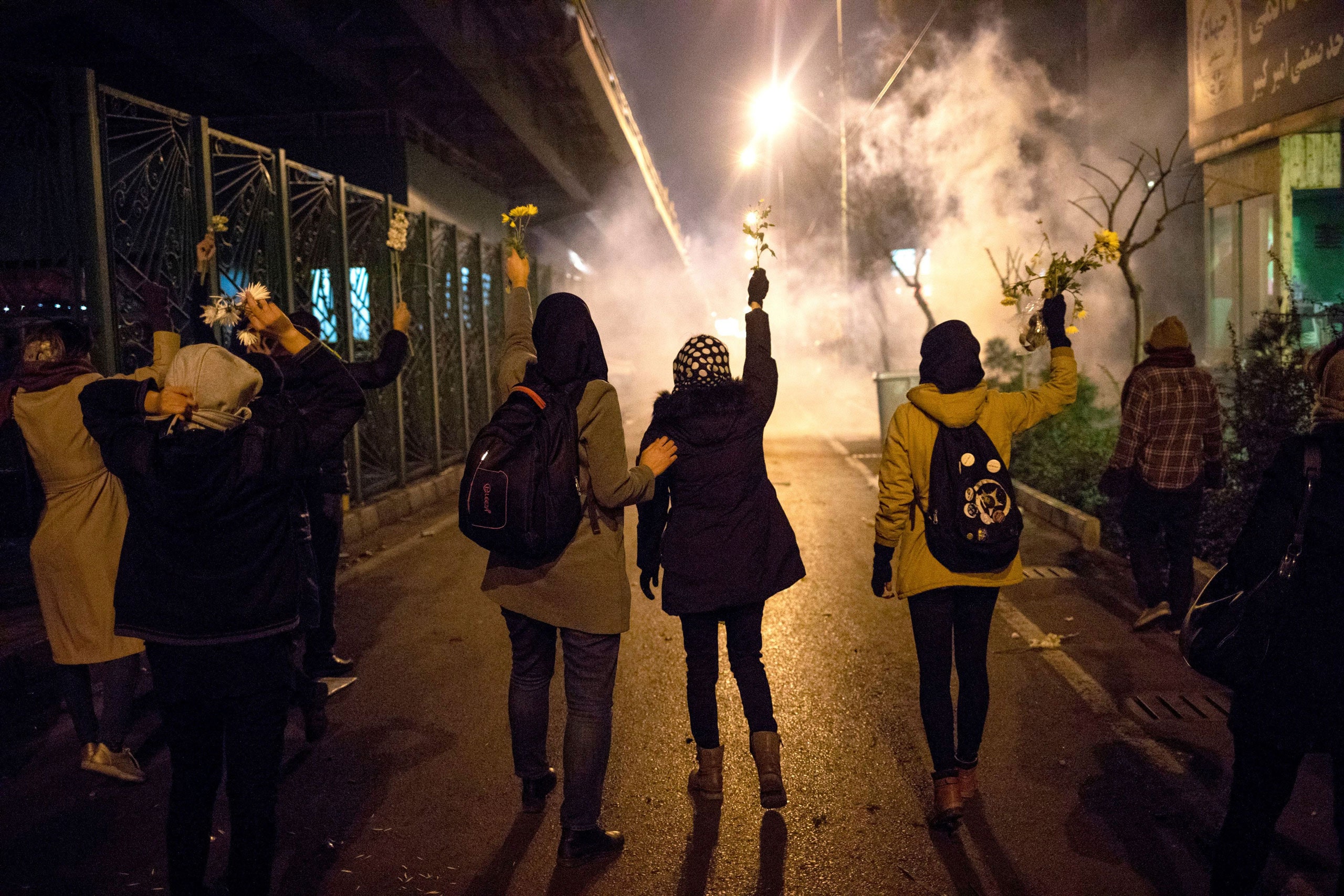
The "International People’s Tribunal" on Iran’s atrocities of November 2019, an independent event organized by human rights groups, concluded on Sunday, November 14, after holding five days of public hearings in London.
The Iran Atrocities Tribunal, also known as the Aban (November) Tribunal, was established, on behalf of the victims' families and the survivors, by three non-governmental human rights organizations; the London-based Justice for Iran, the Oslo-based Iran Human Rights and the Paris-based Together Against The Death Penalty - Ensemble Contre la Peine de Mort (ECPM).
The tribunal opened on Wednesday, November 10, with the aim of investigating the crimes committed by the Islamic Republic regime's authorities in the brutal crackdown on Iran's November 2019 protests.
"The Tribunal will ensure these crimes are rigorously and fairly investigated. Anyone found guilty, must be held accountable,” Shadi Sadr, executive director of Justice for Iran and co-organizer of the tribunal, had commented before the proceedings.
The tribunal consisted of a panel of international human rights lawyers and international relations experts, from the UK, USA, Libya, Indonesia, and South Africa, led by Co-Counsels Hamid Sabi and Regina Paulose, and chaired by international human rights lawyer Wayne Jordash QC, who had said in a previously released statement: To date, the Islamic Republic of Iran has failed to investigate its own responsibility, or the responsibility of its own security forces, or otherwise facilitate any independent international adjudication for any of this violence or alleged crimes.
"The Iran Atrocities Tribunal consists of independent and impartial jurists who will investigate these events to reveal the truth and to determine where the responsibility lies in light of general principles of law and human conscience with the aim of ending impunity for any international crimes and seeking redress for the victims."
The panel implicated 133 Islamic Republic of Iran officials, including the Supreme Leader Ali Khamenei, the former President Hassan Rouhani, and ex-judiciary chief and current President Ebrahim Raisi, in grave human rights violations and crimes against humanity.
The 133 accused Iranian officials were sent letters and invited to present evidence in their defence, but no responses were received, a report by VOA quoted the panelist as saying.
During the 5-day event, the testimonies of 33 witnesses were heard, including those of the victims' relatives, torture victims, and others, many from inside Iran, according to a report by the Center for Human Rights in Iran (CHRI). Several experts and researchers also testified before the tribunal.
The witnesses alleged that the Islamic Republic authorities were responsible for the killing, wounding, torture and abuse of thousands of Iranians, with eyewitnesses to the violence blaming the Islamic Revolutionary Guard Corps and the special anti-riot forces for the attacks, VOA reported.
"These testimonies reconstruct the November 2019 massacre, which was largely obscured by the Iranian government’s shut down of the internet in Iran as it sought to prevent details of these crimes from emerging," CHRI said in its report.
The panel also examined over 100 written statements, and videos and pictures of the protests, and said that there were more submissions to be reviewed and more testimonies to be heard before a final report would be issued in early 2022.
"By holding the truth to the utmost importance, the honourable panel members have devised a safe space for relatives of the victims and protesters who are accused as ‘rioters’ and ‘terrorists’ by their own state, to stand tall and with pride to voice the truth to the world," VOA quoted Justice for Iran's executive director Shadi Sadr as saying after the testimony ended.
“We hope with what we have presented so far, that world governments will consider Magnitsky sanctions against the 133 people we have alleged to be perpetrators of these heinous crimes,” Hamid Sabi, the tribunal co-counsel, was quoted as saying in VOA's report.
The sanctions referred to are those that can be imposed based on the Global Magnitsky Human Rights Accountability Act, a 2016 U.S. law that allows Washington to blacklist foreign government officials implicated in human rights abuses throughout the world.
The tribunal co-counsel Regina Paulose said the victims and survivors of the attacks “must have access to justice” under United Nations conventions, VOA reported.
In a concluding statement, as quoted in the report by VOA, the tribunal said:
“The killing of protesters was deliberately concealed from the world through an ‘information blackout,’”
"On November 16, 2019, the Iranian government 'implemented a near-total shutdown of the internet, which lasted for a few weeks in some parts of the country,'”
“The Resulting ‘information blackout’ may have allowed the police, security, and military forces to commit murder while the international community’s access to Iran was almost completely cut off.”
Amnesty International’s Regional Director for MENA, Heba Morayef, has commented: There must be an end to this systematic impunity afforded to perpetrators of this state-sanctioned crackdown. The hearings at the International People’s Tribunal on Iran’s Atrocities of November 2019 are crucial for ensuring that these atrocities do not fade into memory.
Furthermore, the CHRI has called on the international community to publicly and forcefully condemn the Iranian regime's atrocities and their lack of accountability, and to vigorously pursue meaningful action in the UN Human Rights Council to follow up on the findings of the Aban Tribunal and to appoint an independent commission of inquiry.
Iran's nationwide "Bloody November" protests, as they are known, erupted on November 15, 2019, following the government's announcement of fuel price rises. Although they were initially triggered by overnight petrol price hikes, the widespread protests quickly evolved into calls for regime change in Iran.
Thousands of protesters and bystanders were killed, wounded, arbitrarily detained and subjected to enforced disappearance, torture, ill-treatment, and flagrantly unfair trials during and following the protests between 15 and 19 November 2019 in Iran, Amnesty International has reported.
According to a report by Reuters, the Islamic Republic regime forces killed over 1,500 protesters by direct fire during the November 2019 uprising.
Amnesty International has verified the killing of 323 people so far, of whom at least 23 were children, although the organization believes the real number of deaths is higher, saying many Iranians fearing reprisals from the authorities, have not spoken out or gone public with information about those killed in the crackdown.
“New and extensive research has again concluded that the security forces’ use of lethal force against the vast majority of those killed was unlawful,” Amnesty International has said in a report, adding “There is no evidence that people were in possession of firearms or that they posed an imminent threat to life that would have warranted the use of lethal force”.
On Friday, November 12, the tribunal organizers posted a tweet citing unnamed European sources claiming that Iran's deputy foreign minister and lead nuclear negotiator Ali Bagheri Kani, had on the day before during a meeting with British officials in London, threatened to partially suspend the planned nuclear talks with world powers if the tribunal were to continue.
Britain has however denied this, VOA has reported, quoting the British embassy spokesperson as saying the assertion that Bagheri Kani made such a threat is “100% not true.”
So far, the Islamic Republic of Iran has not commented publicly on the hearings.

